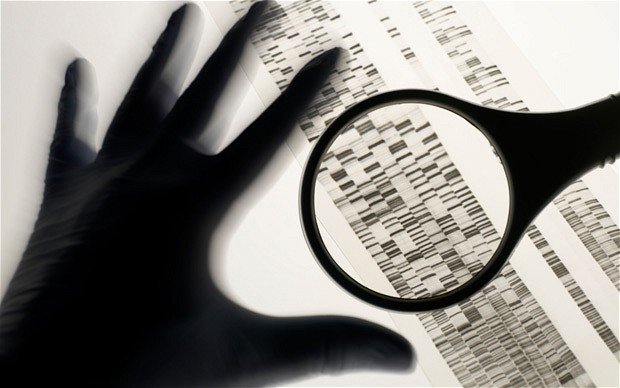Since in a previous article we have already explained what forensic psychiatry is and what are the main activities to be accomplished inside the domain in different states, the following text is about to state some major requirements representing a sine qua non code of accomplishments and qualifications in order to become a forensic psychiatrist. The expertise is used to provide testimony and assist litigations in court and advice judges decide the most suitable sentencing of all the alternatives according to the mental state of the accused on two important moments: at the time of the incident and during trial. Guiding the course of action that should be followed based on psychiatric evidence and reports, the qualification of the consulted psychiatrists must incorporate some specific educational steps as well as specialized training programs in their field of action.
-
Suitable formal education is, therefore, a must for anyone who wants to become a forensic psychiatrist.
The first degree of qualification to be obtained consists in a Bachelor’s degree from an accredited university or college either on the territory of the state where they want to practice (which is highly recommended considering the very different legal context from a state to another) or an authorized diploma from another state’s university or college (usually not followed, considering the same reason mentioned above). The most important fields that are vouched for are physics, biology or chemistry. Although this does not necessarily constitute a main criterion of choice and students with very different specializations have been accepted over the years, there fields of expertise represent a plus for any candidate.
Nonetheless, regardless of the former specializations, any student who wants to practice in the fields must follow the same admitting procedure of the Medical school they are about to follow, as any other ‘regular’ students. It is, thus, highly important for the students to have a very good GPA (Grade Point Average) as well as a satisfactory MCAT (Medical College Admission Test). The test preparation usually begins months before the exam, since the grades can constitute a criterion to adjudicate the further admission process. Other requirements are occupying leadership positions in extracurricular activities (civic involvement is being seen as a sign of devotion and trustworthiness) and adding a well-motivated personal essay (this last application element is not necessarily compulsory, but it does state a lot about the interest and competency of the candidate).
A second very important formal qualification is graduating Medical School. The MD (Medical Doctor) degree is obtained, in the United States of America, for instance, after completing a four-ear school program authorized by the LCME (Liaison Committee on Medical Education). The combination of clinical practice, laboratory participation and standardized classroom education is concentrated on the following fields, according to BLS (the Bureau of Labor Statistics of the United States of America): pathology, microbiology, pharmacology, biochemistry, anatomy, psychology, pathology and ethics. The clinical practice experience toward the end of the medical school is held under the supervision of specialists and combines pediatrics, psychiatry, surgery, obstetrics, internal medicine and gynecology.
Another examination that has to be promoted is USMLE (United States Medical Licensing Examination) in order to be theoretically licensed as an MD. The typical period for psychiatry license lasts three years. Although the given salary is not very consistent, it represents a constant amount of money.
-
Additional education requirements
The very specialized domain of forensic psychiatry has experienced a very fast development process, since most of the new specializations tend to be more and more specifically oriented towards a small activity spectrum. This is one of the main reasons why after obtaining a specialization a candidate has to undergo a training program meant to provide supplemental education and experience on the very specific level of the practice of forensic psychiatry. These Fellowships, as they are named, represent bridge programs between universities and training hospitals and are only available if authorized by ACGME (the Accreditation Council of Graduate Medical Education). Once the fellowship is also completed, a certification from the American Board of Psychiatry and Neurology is needed as well in order to complete the main requirements. The test given here consists of 200 questions with multiple choice examination and the educational claims are theoretically completed.
-
Some very popular American Universities recommended to be followed
Walden University, Minnesota
Bachelor’s specializations in: ‘Health Studies – Health Psychology and Behavior’, ‘Psychology – Addictions’ and ‘Nursing’
Master in: ‘Forensic Psychology – Mental Health Applications’
Ph. D. in: ‘Counselor Ed. and Supervision – Forensic Mental Health’
Ashford University, Iowa
Bachelor’s specialization in: ‘Health Care Studies – Psychology’
Master: ‘Health Care Administration’
University of Phoenix, Arizona
Bachelor’s specialization in: ‘Human Services’ and ‘Nursing’
Master: ‘Counseling – Mental Health Counseling’, ‘Clinical Mental Health Counseling’
Ph. D: ‘Health Administration’







